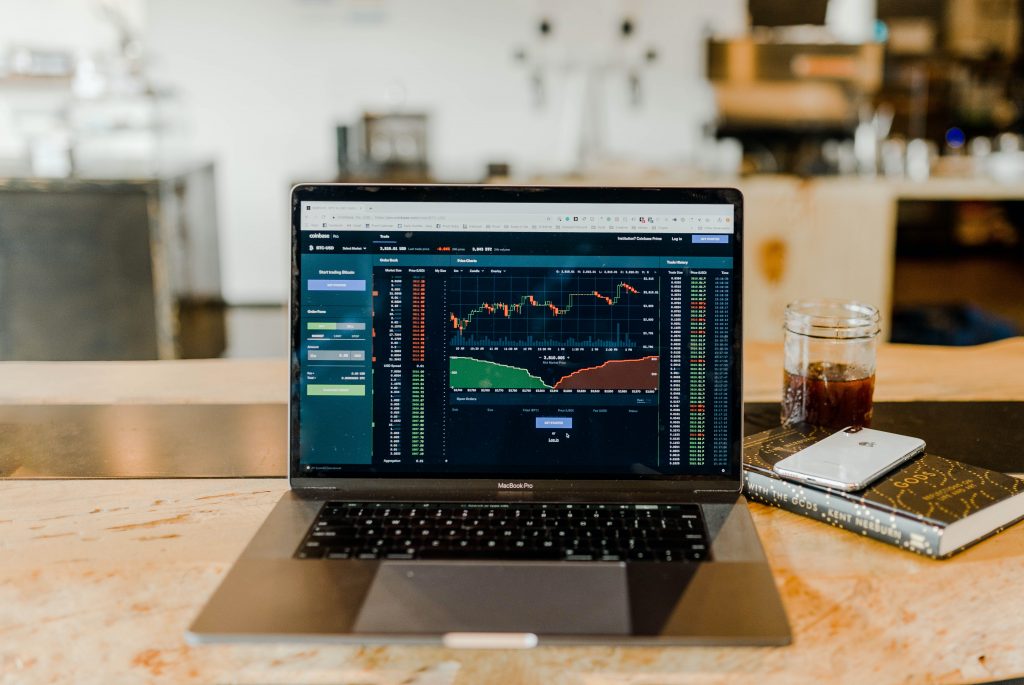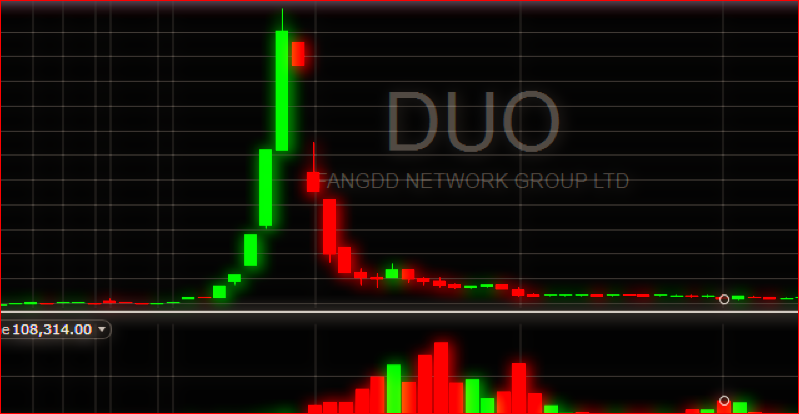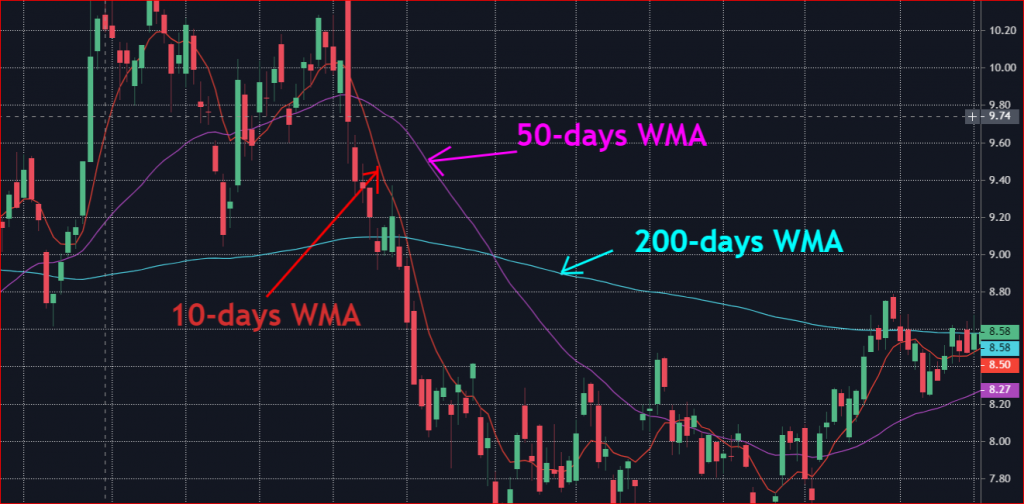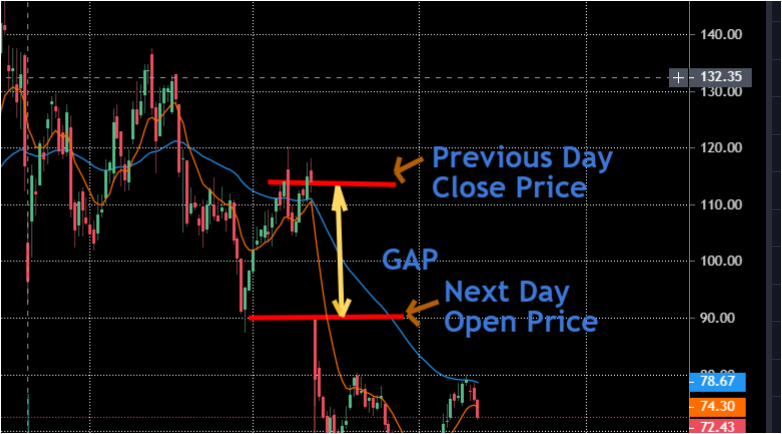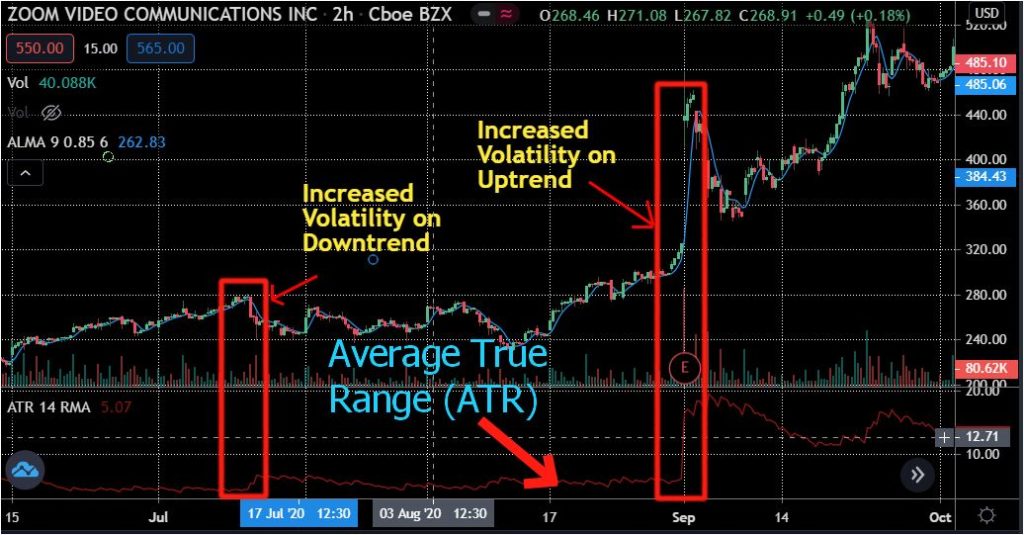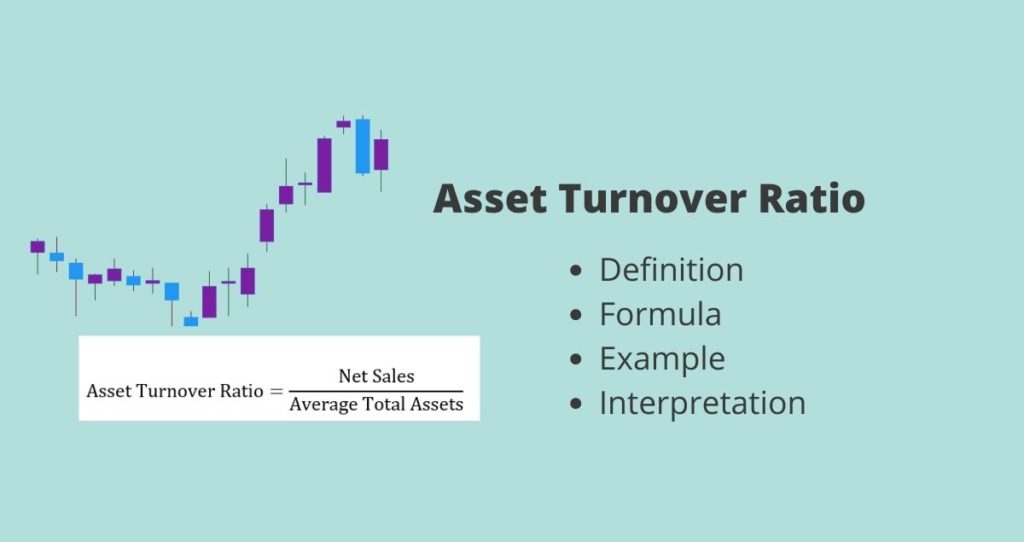Day trading is a strategy of buying and selling securities or stocks on the same trading day. Day trading can last as long as an entire trading day or as less as a few seconds. When day trading, traders take advantage of quick moves that happen securities they are trading. Traders rely on technical analysis to enter and exit trades.
What are the benefits of day trading?
- Big and quick profits: Day trading is one of the fastest ways you can make a lot of money in a very short period of time. It is possible to double your account in a matter of seconds. This is because traders take advantage of quick moves that happen in stocks they are trading.
- Protection against huge losses: When you day trade, you buy and sell securities the same trading day. This gives you advantages and protects you from unexpected future events in the market.
- Too much adrenaline: Yes, it is easier for many traders to buy and hold a stock for a long time. This way, the fear of losing money is not taken in at once. You always have that feeling that the stock will somehow go up. Therefore, you are not worried about short term fluctuations in the market. Unfortunately, this is not the same case when day trading because you experience this adrenaline rush in a few hours. Some traders argue that you can lose weight from day trading! The adrenaline rush you get when you day trade makes the whole trading idea very exciting.
- Easy to get started and quick learning opportunities: You don’t need a lot of money to get started with day trading. You can buy and sell shares of stocks very quickly. This gives you the advantage of learning and correcting your mistakes quicker than long term traders. As a result, you become a better trader very fast.
- Overnight Risks are avoided: Day trading protects you from overnight risks associated with individual stocks or the market as a whole. For example, let’s say that you are swinging a stock with $1000 for a few days. you could lose 50% of that money overnight if the stock loses 50% of its value due to bad earnings.
- You can find success in unfavorable markets: When markets are rough, you can benefit from them. These methods are effective when the market is highly unpredictable. During trade wars, for example, the market moves up and down unexpectedly. In these conditions, you can day trade and make a profit on good days. Should something happen in the market the next day? It is not a big problem because you would have exited the market.
What are the disadvantages of day trading?
- A limited number of trades per week. Unless you maintain at least $25,000 in your trading account, you will not be able to make more than 3-day trades in 5 consecutive trading days. We all know that not everyone has that kind of money laying around. Therefore, this reason alone is one of the biggest why new traders spend a lot of time building their accounts.
- Trading commissions: Trading commission used to be a major setback as well. What it means is that for every trade you make; you will pay a commission on it. Trading commissions are no longer a problem on many brokerage companies. Not long ago, commission for trading stocks was around $4.9-$10 for buying and the same for selling. This means that to complete a trade, you would be expected to pay between $10-$20.
- Time-consuming: When you day trade, you have to watch a stock until an entry point is formed. This is time-consuming. You would need at least 2 hours for a successful day trades. It is possible to make your trades right after the market opens and get out within minutes. But this is not always the case. Without taking a position at the right time, you would lose a lot of money on trades.
- Missing out on bigger gains: It is possible to miss out on bigger gains when you day trade. For example, if a stock has really good news and you day trade; there are chances that it could continue in an upward trend. For this reason, you could miss these gains by getting out quickly.
- Taking a loss on stocks that could go up if swing traded: When you buy and sell shares of stocks on the same day, you risk taking losses on stocks that would rebound in few days or in the same day.
- Major losses in every short time: When you day trade, it is possible to lock in a huge loss in a matter of minutes or seconds. A stock or security can go against you and if you are not using stop losses, you can go back to an 8-5 pm job from a single trade.
